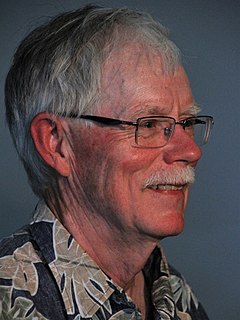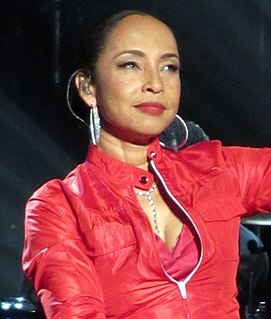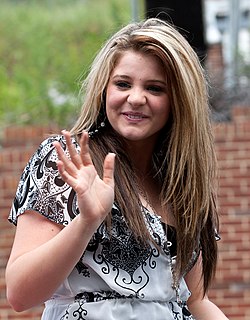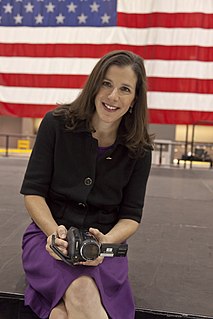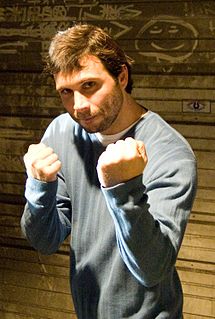A Quote by James Agee
As small, quick, foolproof cameras became generally available, moreover, the camera has been used so much and so flabbily by so many people that it has acted as a sort of contraceptive on the ability to see.
Related Quotes
I recommend for people, if this is the first time they're going to see an eclipse, don't get bogged down in trying to take pictures of it, because you'll spend much too much time fiddling around with cameras. Unless you've got the strength to just take a quick snapshot and let it go at that and not mess with the camera. Try to drink it in with your eyes and enjoy it.
I've been doing photography in one form or another for, oh golly, over seventy years. I don't carry cameras. I used to. For many years I carried cameras wherever I went. Photograph whatever I saw that was of interest. In the last years, I've only used cameras to explore thematic ideas which presented themselves first. And then bring out the cameras to try to explore that idea.
I like working on one - camera. This is not false modesty, but I don't think I'm very good at three - camera. And it's not that I'm nervous, but I just sort of feel like my collar is too small, or my clothes don't fit. I don't understand what that is. And I don't understand the format: There's an audience in front of you that you're playing to, but there are also these cameras.
Most times you do a movie every place except for what the camera sees is just a mess with the lights, people, and cameras so you get used to it. There is no way to shut that out, there is always a constant reminder of how many people it takes, what is going on and how many elements that goes into making this scene look right.
This uses a lens system, which I have used for years in various different ways, but I've never used it in the context of an interview. This is the very first time that I've done that. It's a lens called The Revolution, so it allowed me to interview Elsa [Dorfman] and actually operate the camera. Well one of the cameras, because there were four cameras there.
With photography, everything is in the eye and these days I feel young photographers are missing the point a bit. People always ask about cameras but it doesn't matter what camera you have. You can have the most modern camera in the world but if you don't have an eye, the camera is worthless. Young people know more about modern cameras and lighting than I do. When I started out in photography I didn't own an exposure meter - I couldn't , they didn't exist! I had to guess.

